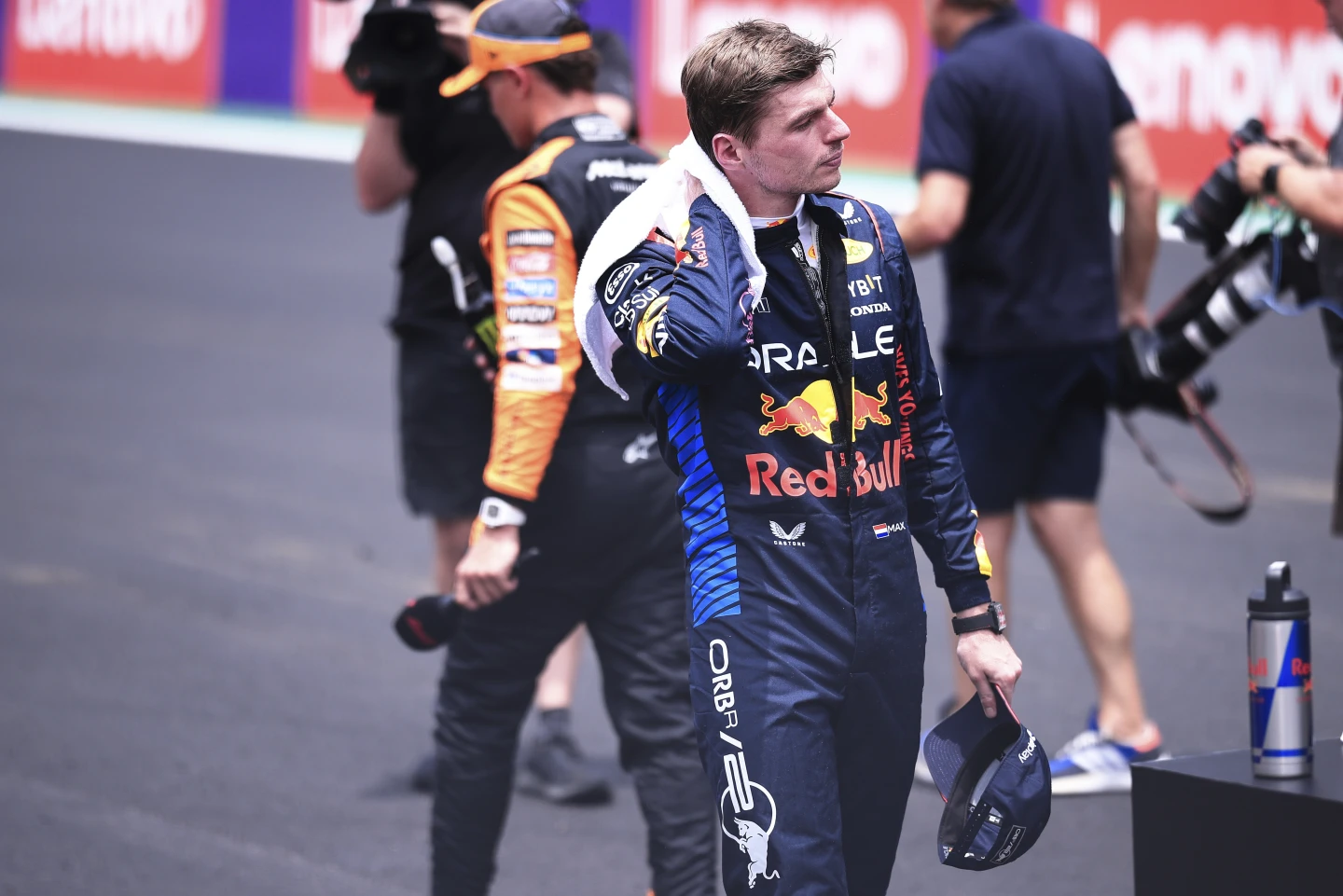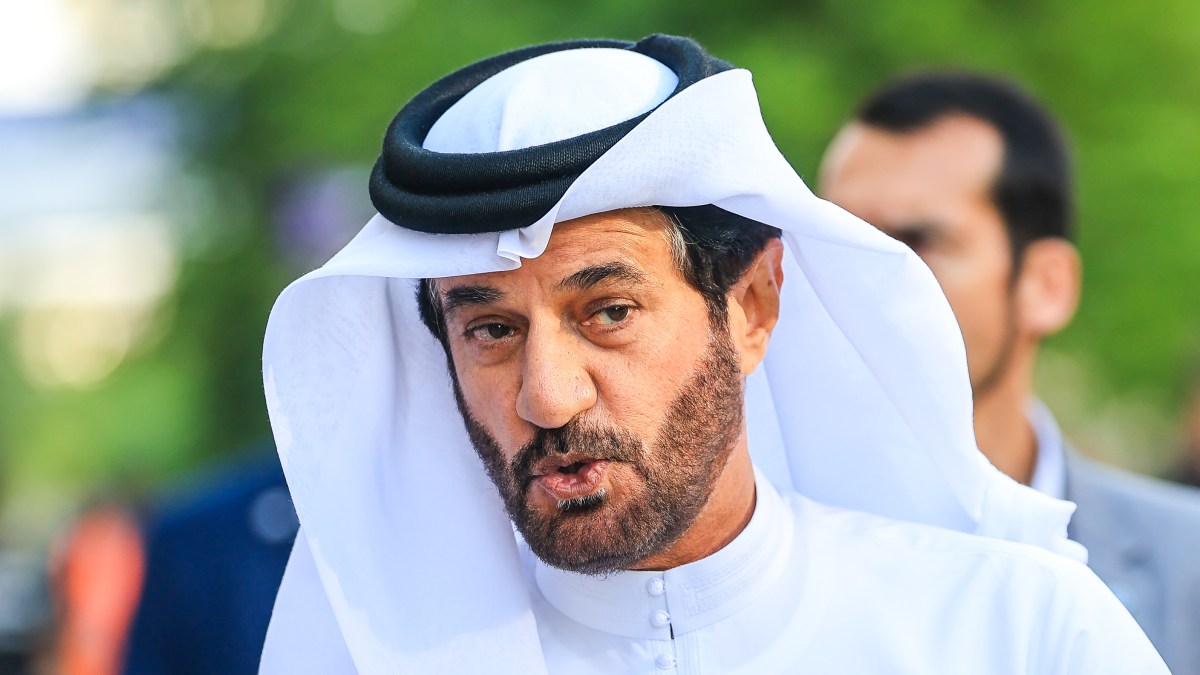Formula 1 drivers could be banned for a month if they keep swearing or criticizing the sport’s governing body. These changes to the FIA’s Sporting Code will begin this season and are part of a new effort led by FIA president Mohammed Ben Sulayem to stop swearing.
However, drivers and others in the sport are reportedly surprised by these new punishments being introduced without further discussions.
According to the new rules, the first time a driver offends, they will get a €40,000 fine. The second offence will lead to an €80,000 fine and a possible one-month suspension. The third offence would result in a €120,000 fine, a one-month suspension, and a loss of championship points.
In addition to swearing, other actions that could lead to punishment include causing harm to the FIA’s reputation, encouraging violence or hatred, making political, religious, or personal comments that go against the FIA’s neutral stance, or not following FIA instructions at official ceremonies.
For a second or third offence to count, it must happen within two years. This season has 24 races, so depending on when the third offence happens, a driver could miss up to three races.
The FIA points out that other organizations, such as FIFA, the NFL, and the International Olympic Committee, also have rules that fine competitors for various types of misconduct. The FIA believes that this new addition to its sporting code will help make decision-making clearer and more consistent.
Last season, Max Verstappen, the world champion, was given a community-service type punishment for swearing in a press conference, which he served in Rwanda. Charles Leclerc, Lewis Hamilton’s teammate at Ferrari, was only fined after apologizing for swearing in a similar situation.

How did we get here?
While the new rules do bring some clarity, sources say there are still concerns about how much is open to interpretation. For example, it’s unclear what exactly counts as “any words, deeds or writings that have caused moral injury or loss to the FIA,” or what would be considered crossing the line with political statements.
Christian Mansell, a Formula 2 driver who has publicly supported the transgender community, posted on X: “I’ll never stop fighting for what I believe in. This just makes it harder, but don’t think for a second I’ll be shying away.”
Swearing on the team radio during a race, where there is a lot of pressure, will likely be punished less harshly than swearing in a press conference or outside the car. Appendix B of the FIA code says: “Stewards retain the discretion to take into account any mitigating and/or aggravating circumstances as well as the nature and location of the event, to tailor the penalty to the specific situation.”
Max Verstappen, who was not the only driver to swear during races, had his outbursts last season draw attention to the issue.
The topic of penalties for bad language and similar matters was discussed at the annual drivers’ briefing in Qatar last year. Still, it’s said that many were shocked by these new punishments being introduced without any prior discussion.
It’s reported that Stefano Domenicali, the CEO of Formula One Group, didn’t vote on the changes. Formula 1 chose not to comment when asked.
The use of e-votes has also caused division, with some people believing that a matter like this, which has wide effects, should have been talked about in person at the World Motor Sport Council meeting next month.
